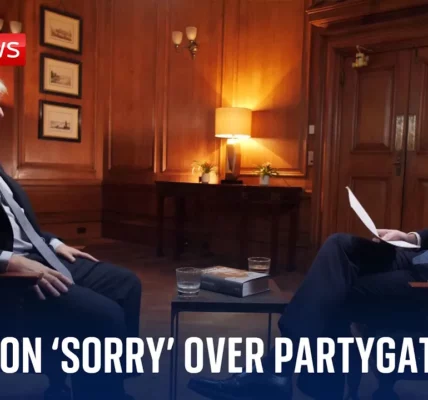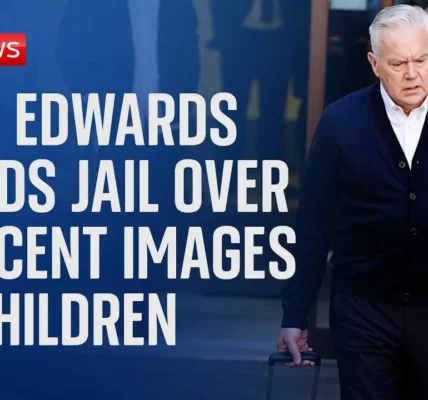Protest and Pressure on the Streets of Israel

As tensions rise in Israel and international pressure mounts, citizens demand action from Prime Minister Benjamin Netanyahu regarding the ongoing Gaza conflict and hostage situation. This article explores the developments, protests, and political responses shaping the current landscape.
Introduction
On the evening of October 7, Israel faced an unprecedented crisis as Hamas launched a surprise attack that claimed the lives of approximately 1,200 people and took over 250 hostages. In the wake of this tragedy, protests erupted across Israel, with citizens demanding not only the release of hostages but also accountability from their leaders. The pressure on Prime Minister Benjamin Netanyahu intensified as international allies, including the United States and the United Kingdom, urged a reevaluation of military actions in Gaza. This article delves into the protests, political ramifications, and the humanitarian crisis unfolding in the region.
The Protests in Israel
In recent days, thousands of Israelis took to the streets, participating in a general strike aimed at compelling the government to negotiate the release of hostages held by Hamas. The protests were marked by intense emotions and widespread public discontent with Netanyahu’s handling of the crisis.
Background of the Protests
The protests were organized by the country’s largest public sector union, which called for a halt to normal activities until the government acted decisively. Protesters expressed their frustration with Netanyahu’s refusal to capitulate to their demands.
Voices from the Streets
- Many protesters voiced a strong commitment to continue their demonstrations until all hostages were returned safely.
- Some expressed fears of a potential civil revolution if their demands were not met.
- Incidents of tension between protesters and police were reported, highlighting the charged atmosphere during the demonstrations.
International Pressure and Political Responses
The pressure on Netanyahu was not limited to domestic protests; international leaders also voiced their concerns regarding the situation in Gaza. U.S. President Joe Biden publicly stated that Netanyahu could do more to facilitate negotiations for the hostages’ release. Meanwhile, the UK government announced a suspension of certain arms exports to Israel, marking a significant shift in diplomatic relations.
Statements from Key Leaders
- President Joe Biden: Criticized Netanyahu for inadequate action regarding the hostages and suggested that more could be done.
- UK Foreign Secretary David Lammy: Announced the suspension of 30 arms licenses to Israel, citing the risk of violations of international humanitarian law.
- Israeli Officials: Expressed disappointment over the UK’s decision, suggesting it undermines their efforts against Hamas.
Local Political Responses
In a press conference, Netanyahu remained defiant, stating he would not yield to the pressure from protesters or international leaders. His speech failed to reassure the public, many of whom remained angry over the government’s military strategy in Gaza.
The Humanitarian Crisis in Gaza
The backdrop to these protests is the ongoing humanitarian crisis in Gaza, exacerbated by military actions that have led to significant civilian casualties and destruction. The situation has drawn condemnation from various international organizations and human rights advocates.
Casualties and Military Actions
Recent Israeli airstrikes in Gaza have resulted in numerous civilian deaths, including children. The humanitarian toll has raised alarms, prompting calls for an immediate ceasefire.
Efforts for a Ceasefire
- Diplomatic efforts are underway to negotiate a lasting ceasefire.
- International organizations are calling for increased humanitarian aid to Gaza.
- Local activists are pushing for a halt to military operations until hostages are released.
Conclusion
The protests in Israel reflect a growing discontent with the government’s response to the Gaza crisis and the hostage situation. As international pressure mounts, the future of Netanyahu’s leadership hangs in the balance. The need for a resolution to the humanitarian crisis in Gaza and the safe return of hostages has never been more urgent. Citizens are urged to remain engaged and proactive in advocating for change, as the developments in this complex situation continue to unfold.
For more in-depth analysis of related topics, see our articles on Israel’s Political Climate and The Ongoing Gaza Crisis.
“`




